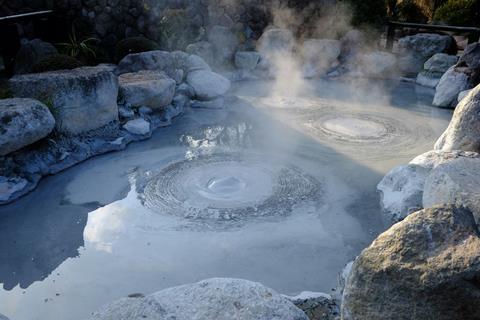Ethane, an overlooked greenhouse gas, can be oxidized with electron acceptors like sulfate and nitrate. Despite nitrite being a more thermodynamically feasible electron acceptor, little is known about nitrite-driven anaerobic ethane oxidation.

In a study published in Environmental Science and Ecotechnology, a microbial culture capable of nitrite-driven anaerobic ethane oxidation was enriched through long-term operation of a nitrite-and-ethane-fed bioreactor. During continuous operation, the nitrite removal rate and the theoretical ethane oxidation rate remained stable at approximately 25.0 mg NO2–N L−1 d−1 and 11.48 mg C2H6 L−1 d−1, respectively.
Batch tests demonstrated that ethane is essential for nitrite removal in this microbial culture. Metabolic function analysis revealed that a species affiliated with a novel genus within the family Rhodocyclaceae, designated as ’Candidatus Alkanivoras nitrosoreducens’, may perform the nitrite-driven anaerobic ethane oxidation. This novel genus is described in full in the paper.
Fumarate addition pathway
Based on a meta-omic analysis, ’Ca. A. nitrosoreducens’ encoded and expressed a prospective fumarate addition pathway for anaerobic ethane oxidation and a complete denitrification pathway for nitrite reduction to N2, although the genes for ethane conversion to ethyl-succinate (assAs) and succinate-CoA ligase (sucCD) required further identification.
Phylogenetic affiliation analysis showed a distant genetic relationship between ’Ca. A. nitrosoreducens’ and the previously reported ’Candidatus Alkanivorans nitratireducens’ that was capable of nitrate-driven anaerobic ethane oxidation, which suggests functional microbial differences in different natural environments.
This study offers new evidence of nitrite-driven anaerobic ethane oxidation occurring in enriched cultures from hot-spring sediment, and describes a novel genus potentially involved in this process .
These findings advance our understanding of nitrite-driven anaerobic ethane oxidation, highlighting the previously overlooked impact of anaerobic ethane oxidation in natural ecosystems.




No comments yet